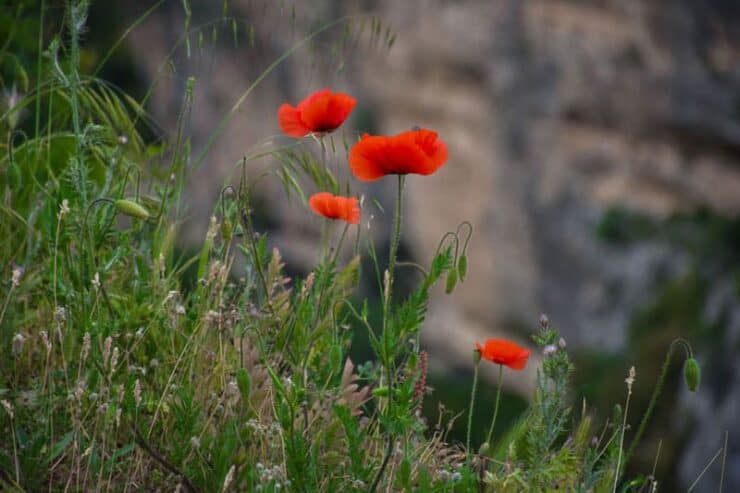
Listen to my blog
There is increasing recognition that to be successful in both life and business, grit is one of the most important personal characteristics. So, what is grit and what can we learn from experiences in the Second World War? True grit requires courage, conscientiousness, perseverance, resilience and passion. All traits required of good soldiers.
I have already written about the soldiers in my family, providing some sense of their grit in War: the Quality of a Man and A Different Kind of Client Service. But, what about those left behind? Did they not also have to show true grit in order to survive and go about their daily lives?
If you are going through hell, keep going. Winston Churchill
My mother often spoke of the constant fear of air raids and the many inconveniences that British citizens experienced during the war. Some of the stories were quite horrific: the devastation following bombings in the city of Leicester and the loss of civilian life in the air raid shelters. She spoke of her anguish when her sister lost a baby while they were digging her out of a collapsed air raid shelter. At the same time, she was able find a different type of courage; she was able to set these fears aside to live out her daily life and find joy in the little things. She reflected with pride on the daily trek to the other side of town to go to an exclusive school. Making light of severe rationing, she often laughed about trying to decide how to use their meager sugar rations. Should they save their 8 ounces a week to make a cake or put it in their tea? She got used to it. For the rest of her life, my mother drank her tea without sugar.
Cut your coat according to your cloth, English Proverb
My mother often referred to this old Proverb. It helped her to reframe her objectives and to recover quickly from difficulties. It enabled her to see the good side of her war experiences and to build and retain the resilience needed to survive. There was no point in crying over rations or the need for blackouts, these were just the circumstances within which they lived. This same resilience enabled her to live for forty years as a cancer survivor.
Pick yourself up, dust yourself off and start all over again, English Proverb
War-torn English civilians had perseverance as part of their DNA. The Government encouraged citizens to contribute to the war effort by producing their own food. With food shortages due to the almost total blockades surrounding the UK, they learned to make do and some became excellent gardeners. Those who could use their properties to grow food, used this ability to barter for other necessities.
Ever conscientious, my Grandfather learned to grow a wide variety of vegetables for barter. My mother describes the pride he showed in his offerings at the local market. She remembered fondly how he would go off in his best suit, glowing with pride with an oversized sunflower as a boutonniere. At the same time, my mother tells the story of how he once was able to score a rabbit for dinner. Victorious he celebrated at the pub before he returned home, stopping to give the rabbit a drink at every trough he passed.
Passion was also a part of my mother’s extended family experience. My mother’s cousin was originally a stunt pilot. In an odd twist of fate, he was drafted into the army instead. He was only able to regain his passion for flying, because of a severe allergy to the khaki dye used in army uniforms. He joined the air force, returning after the war to continue as he began. Shortly after the war, he brought my Mother up in his plane to show her where his sometime girlfriend lived and did loop-the-loops just over her house. I am not sure how my Mother was able to withstand this adventure. It must have been that grit that she developed and retained for the rest of her life.